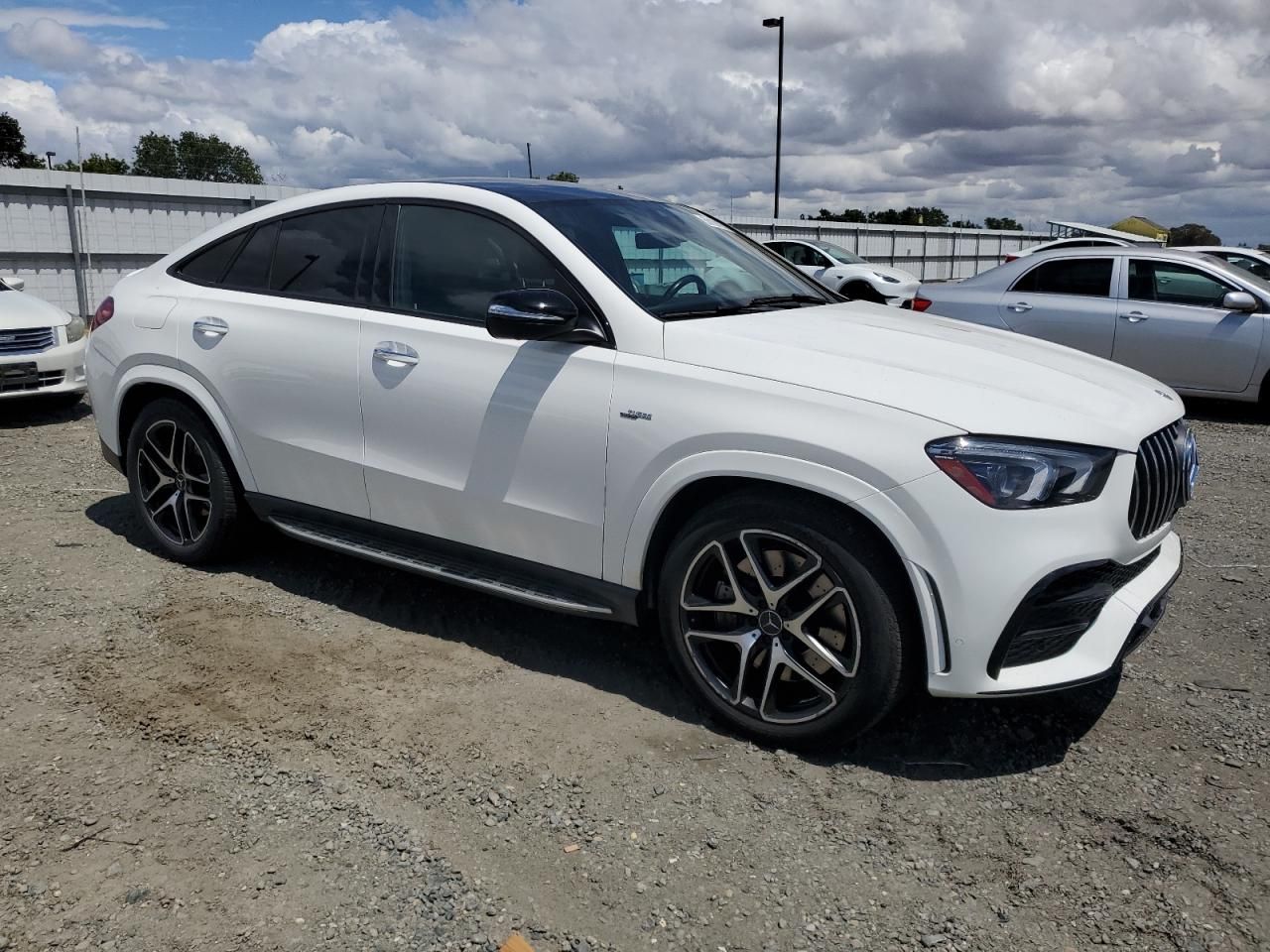views
For those who enjoy cars, mechanics, or anybody else wishing to buy a car at a greatly lowered price, attending a salvage vehicle auction might be an interesting chance. To make wise judgments, purchasers need be aware of these auctions' own set of hazards and factors, though. Knowing the procedure, the vocabulary, and the possible hazards helps you avoid expensive errors. Whether your search is for a bargain or a distinctive project car—such as a salvage GTR—here is what you should know ahead to visiting a salvage vehicle auction.

Understanding What a Salvage Vehicle Auction Is
An auction for salvaged, ruined, or otherwise compromised vehicles is a market place. Because of their degree of damage, expense of repairs, or other circumstances, insurance firms sometimes classify these automobiles as total losses. Salvage auctions let these vehicles be sold to rebuilders, dealers, or the general public who might either part them for profit or fix and re-sell them. From small cosmetic flaws to seriously damaged vehicles, trucks, and specialty vehicles, the vehicles offered at salvage vehicle auctions fall in a spectrum.
Knowing the degree of damage and the related hazards is the secret to success at a salvage vehicle auction. Salvage auctions are meant for automobiles that require repairs or might never be roadworthy again, unlike conventional car auctions where the vehicles are usually in fine running order. Due care is therefore crucial before making any bids as this difference defines them.
Why Buyers Are Drawn to Salvage Vehicle Auctions
People go to salvage auto auctions mostly because of the possibility to save a lot of money. Salvage auctions allow one to purchase cars that would normally cost tens of thousands of dollars from a dealership or via private sale for a fraction of their original value. These auctions can be a gold mine for aficionados seeking rare or high-performance cars like a salvage GTR.
Restoring a salvage car challenges many purchasers as well. Rebuilding a damaged car can be personally fulfilling as well as financially profitable for mechanics or do-it-yourselfers. Salvage vehicle auctions present an opportunity to get cars that might not be available on the open market otherwise.
These chances, meanwhile, carry a great degree of uncertainty. Unlike certified pre-owned or used automobile sales, salvage vehicles generally come "as-is," meaning buyers face all the risks of repairs and future performance.
Research and Preparation Before the Auction
Preparation is absolutely vital before you go to a salvage vehicle auction. Look first at the terms and conditions, registration requirements, and auction fees of the auction. Most salvage car auctions call for possible bidders to register ahead of time and occasionally pay a refundable fee. Early knowledge of these criteria can help to avoid any last-minute problems.
Study the current inventory as well. Many salvage auctions include thorough lists of automobiles together with descriptions, damage reports, occasionally pictures or inspection records. Give the vehicle identifying numbers (VINs) and titles great attention. Although an insurance company has declared a total loss, a vehicle with a salvage title has varied degrees of damage.
If you are particularly interested in particular vehicles—such as a salvage GTR—learn about the usual repair costs, part availability, and resale value. Knowing the car's market value both before and after repairs will enable you to create a reasonable bidding limit and budget.

Inspecting Vehicles at Salvage Vehicle Auctions
The main obstacle of a salvage vehicle auction is that most of the cars are offered "as-is" with either few or no warranties. Before bidding, thorough vehicle inspection is absolutely essential. Many auctions let possible purchasers view the vehicles in person or offer outside third-party inspection facilities.
Examine a salvage car for structural damage, indications of flooding, frame integrity, engine condition, and interior wear. Remember that some damages could not be obvious to the uneducated eye. Having a mechanic or someone informed with you might thus be quite helpful.
For high-performance, technologically sophisticated automobiles like a salvage GTR, a complete inspection is even more important. If concealed damage or electrical problems are found after purchase, the repair cost for such specialist vehicles might rapidly rise.
Knowing the Legal and Registrant Consequences
Purchasing a car at a salvage vehicle auction raises legal questions. Usually once a salvage car is bought, it needs to be fixed and tested before it can be registered for road use once again. Regarding the titling, registration, and salvage car inspection, every state or nation has various policies.
Before you bid, be sure you know these rules. Certain automobiles might never be lawfully driven once more or their registration process could be time-consuming and expensive. Before getting a rebuilt title, some salvage vehicles, for instance, could need a complete state inspection or emissions testing.
Insurance companies could also have higher prices or restrictions for salvaged autos. See how the salvage status influences insurance and registration in your area before deciding to buy.
The Bidding Procedure and Approaches
At a salvage automobile auction, the bidding process could be competitive and quick. Establishing and maintaining a maximum bid for yourself is absolutely vital. Often resulting in overpaying, emotional bidding might offset any savings from purchasing a salvage car.
Find out how the auction is run—in-person, online, or both combined. While some auctions call for scheduled or proxy bids, others include live bidding. Learn the tempo of the auctioneer and the way increments operate.
While bidding on a salvage GTR or any other vehicle, take into account the projected repair costs, transportation charges, and registration fees in addition to the purchase price. Although the thrill can easily enthralls you, keep in mind that your profit or loss depends on your whole investment.
Steps and Thoughts Following an Auction
After winning a vehicle at a salvage vehicle auction, the process is far from over. First, you’ll need to arrange for transportation since many salvage vehicles are not roadworthy. Towing or shipping costs can add significantly to your expenses.
Next, you will want to secure a repair plan. This might involve sourcing parts, hiring mechanics, or investing your own time in a restoration project. If you purchased a salvage GTR, finding authentic or compatible parts and expert services can be more challenging and costly than for common vehicles.
Finally, be prepared for paperwork and inspections required to register and insure the vehicle for legal use. Keep thorough records of all repairs and inspections, as these documents will be crucial when applying for a rebuilt title or selling the vehicle later.
Conclusion
Attending a salvage vehicle auction offers unique opportunities to acquire vehicles at reduced prices, including rare finds like a salvage GTR. However, it requires careful preparation, research, and realistic expectations. Understanding what a salvage vehicle auction entails, inspecting vehicles thoroughly, knowing the legal implications, and having a clear bidding strategy are all critical components of a successful auction experience. By approaching these auctions with knowledge and caution, buyers can avoid common pitfalls and potentially turn a salvage vehicle into a rewarding project or investment.














Comments
0 comment